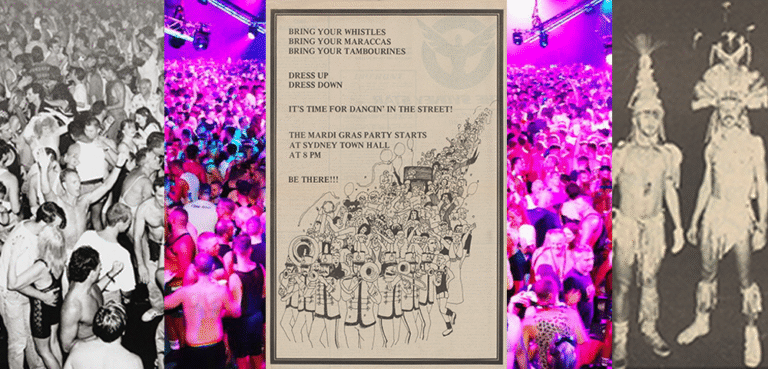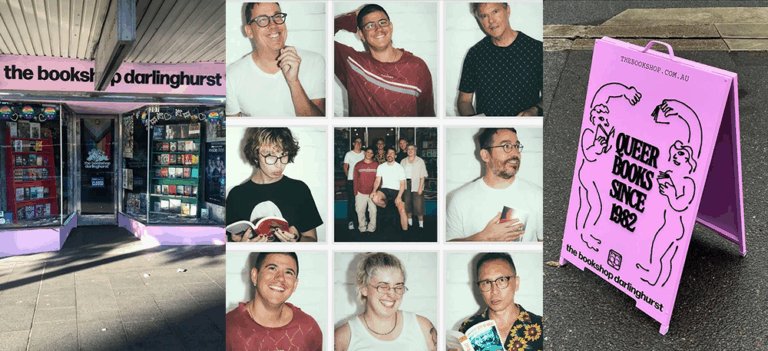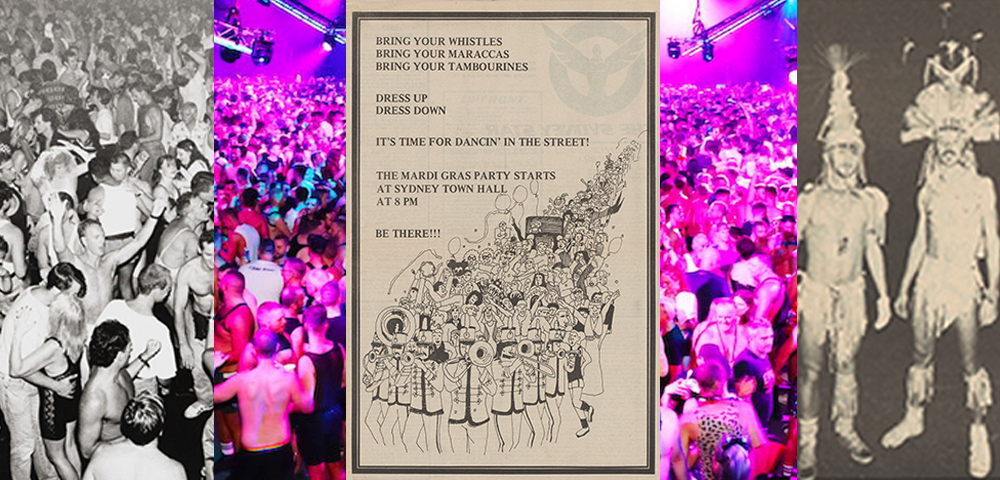

By Scott McDonald and Emily Christie
RECENTLY, the High Court of Australia determined that individuals did not need to be male or female on their official documentation and that they in fact can be non-specific.
The judgment confirms that sex is not a binary concept for the purposes of the NSW legislation, which recognises that a person’s sex may be indeterminate. It will give hope and encouragement to those who identify as neither male or female in our society. Its guiding principles should assist other states in finding a way forward on these complex legal and administrative issues.
However, the case of Norrie, a non-gender specific individual, versus the NSW Registrar of Births, Deaths and Marriages did not happened overnight. Norrie’s journey began in early 2011, when global law firm DLA Piper was asked to represent a client who did not identify as either male or female. Norrie had previously applied to the Registrar to have a Details Recognition Certificate issued following a sex affirmation procedure, stating Norrie’s sex as “non-specific”. The Registrar initially issued a certificate with sex described as “not specified”, then invalidated the certificate and issued a certificate recording the client’s sex as “not stated”. Norrie then took the case to the Administrative Decisions Tribunal of NSW (ADT). Apart from some legal assistance from NSW upper house Greens MP David Shoebridge, Norrie had until this point been basically self-representing.
Unfortunately for Norrie, the appeal was unsuccessful and so the question was whether to appeal to the Full Panel of the ADT. It was then that DLA Piper was asked to assist with the appeal. As with all litigation, the decision to take on a case revolves around the merits of the case. Is there a real prospect that we could obtain a better outcome for our client? This requires a careful assessment of the case, the law, the evidence and in some cases, advice from counsel as to the likelihood of success in any appellate court or tribunal.
DLA Piper agreed to take on Norrie’s case on a pro bono basis, which means undertaking professional work voluntarily and without payment (or in some cases, at a reduced fee as a public service). The provision of pro bono services by large commercial law firms is a practice with a long and noble history, stemming from a widely-held belief that lawyers have a responsibility to use their skills and knowledge to assist individuals who may not otherwise be able to afford a lawyer or qualify for legal aid. Pro bono matters also provide the lawyers at the firm with the opportunity to take on different types of matters to what they otherwise would work on in commercial law, while making a meaningful contribution to the individuals, NGOs and others that deserve equal access to justice.
Indeed, while it is true that everyone should have access to justice and the ability to defend and enforce their rights, the reality is that there are often huge barriers to justice, particularly for those that cannot afford legal representation. Law firms obviously possess the skills to address this important human rights issue, and it is incumbent upon us as lawyers to play a role in improving access to justice where we can.
As for whether this case was an important public interest issue, DLA Piper considered that equal recognition before the law is an absolutely fundamental right. To be told that the law cannot recognise your true identity is to undermine that basic tenet of the law. We knew from work done previously by organisations such as the Australian Human Rights Commission that Norrie was not the only person who felt marginalised by not having their true identity recognised on their cardinal documents. It was an important legal issue that should be tested in the higher courts, an issue that could ultimately affect a range of people.
The firm was assisted by well-qualified barristers, willing to give up their time and energy pro bono to work on what they saw as an important and interesting question of law. We were fortunate to have the incredible support, skills and talent of David Bennett QC (the former Solicitor-General), Geoffrey Watson SC and Alister Abadee throughout the appeal stages.
After accepting to act on behalf of Norrie, the appeal to the Appeal Panel of the ADT in November 2011 was lost. However, this was then overturned in the NSW Court of Appeal in May 2013 with a unanimous verdict of the three appeal judges. While it would have been nice to bank that outcome and stop there, the Registrar sought special leave to appeal to the High Court of Australia in Canberra in June 2013. The Registrar has been, in our opinion, unfairly criticised for this. The Registrar is entitled, where there is uncertainty or ambiguity in the law, to seek certainty and clarity.
The High Court appeal was heard in Canberra on March 4, 2014. In a single hearing day, the five High Court judges ventilated this complex issue, turned it upside down and shook it out. A month later on April 2 in a short, single judgment, the High Court unanimously dismissed the Registrar’s appeal, commencing their judgment with the historic statement: Not all human beings can be classified by sex as either male or female.
While it may seem odd for a global commercial law firm to fight for a solitary person in this way, it’s not that unusual. Some of the biggest cases we know in Australia have been down to one person having the stamina and drive to put their case through the courts. Norrie is such a person. But for every one person who brings their case to the courts, there are many others with the same issue who will benefit from the outcome. Court judgments can have broad application. The result isn’t just for Norrie, but for everyone in a similar situation. This is the point of public interest or test case litigation: finding that one client who can bring their case to court, to test the law and try and fight for an outcome that will ultimately help many others.
The High Court has for the first time said that a person can legally be recognised as neither male nor female. But while the case was specifically in regards to the NSW Registrar, the judgment will be a guiding principle for other states, as the High Court has made it clear that society is broader and more diverse than just male and female. Indeed, the Northern Territory has already stated that people can be recognised as neither male nor female and since 2010 applicants for Australian passports have been entitled to specify a third gender category: “X”.
As for its effect internationally, that remains to be seen. The case attracted interest around the world, from South Korea to Ireland to Italy and to Argentina. DLA Piper is very proud of this and its role in Norrie’s successful outcome. We can only hope that it will lead to change for the better and for a more diverse society that reflects its constituents’ complexity.
Scott McDonald, Nicolas Patrick, Samantha Butt and Emily Christie were Norrie’s legal team from DLA Piper Australia for the ADT appeal, the NSW Court of Appeal and in the High Court. They were assisted by David Bennett QC and Alister Abadee of the NSW Bar.
You can follow DLA Piper on Twitter via @dlapiperprobono










